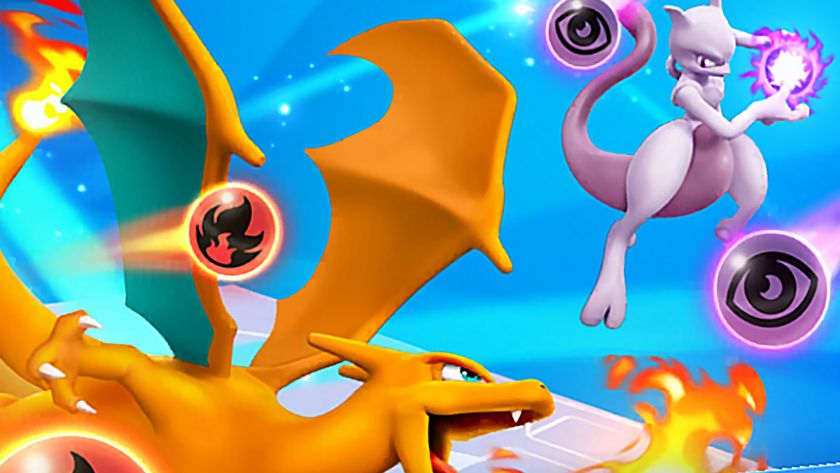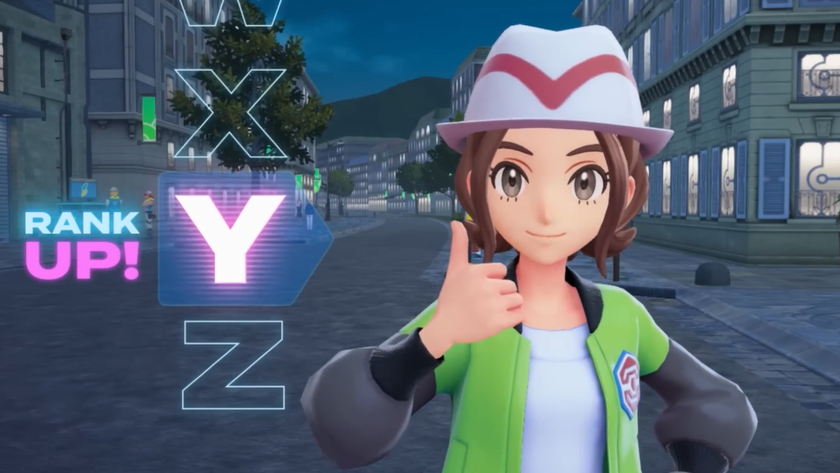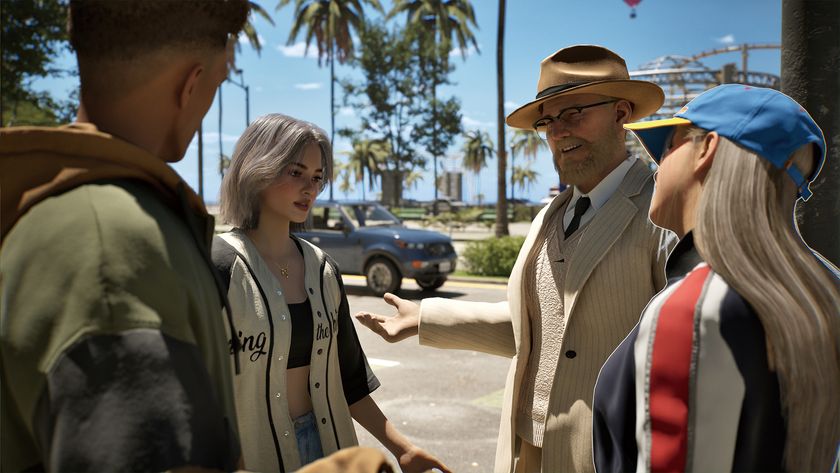But is it art? Why Okami is remembered so fondly
Despite near-universal rave reviews and a rating of 93 on Metacritic, Okami suffered low sales that resulted in the sad and untimely demise of its developer, Clover Studio. Why? Because it’s a game about a wolf with a magic paintbrush. It was never going to shift as many copies as Gun Shooter 8, but Capcom took a gamble on it anyway, for which we’re eternally grateful.
The wolf is Amaterasu, goddess of the sun. Demons have invaded the peaceful land of Nippon, bringing with them a choking black fog that sucks life from all it touches. Her job is to drive these demons away and restore nature with the help of the Celestial Brush. Press R1 and the screen transforms into a sheet of paper. Then, with the left stick, you paint with the brush to alter the world around you. If it’s night, doodle a sun in the sky and morning suddenly comes. Paint a horizontal line across an enemy or object to slice it in half. Draw a circle around a dead tree and it blooms with cherry blossoms.
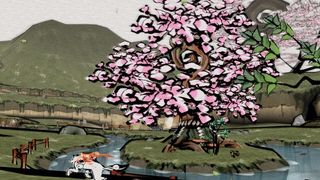
The magical brush is utilised for both combat and puzzle-solving, but you can also use it to cause mischief, soaking villagers in ink, chopping down trees, and tormenting animals. The game world is brilliantly reactive to your random magical doodling, which encourages you to experiment. In one scene you have to disguise yourself as one of the demons, who wear paper masks to hide their faces. You choose what to draw on the mask, and see Amaterasu wearing it as you play. This is just one of many fun uses for the brush outside of the normal game mechanics.
The brush also informs the game’s visuals, which are based on Japanese ink wash painting and woodblock printing. The world is vivid and colourful, made up of expressive, hand-drawn lines. It hasn’t aged a bit, which is testament to the strength of its art design. It’s like a painting come to life. It’s not all style and no substance, though. Beneath the unusual art lies a superb adventure game with hints of Nintendo’s Zelda series. It’s long too, and can take as many as 40 hours to finish. Just when you think it’s about to end, a whole new chapter or location unlocks. You’re also drip-fed new brush powers right up until the end, which keeps it feeling fresh.
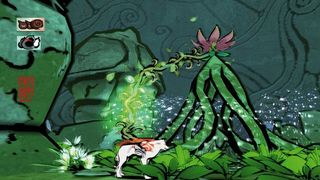
Also crucial to Okami’s brilliance is its sense of humour. It’s a funny, charming game, brimming with personality. Issun, a tiny artist who travels around on Amaterasu’s back, is the comic relief, and also compensates for the fact that, being a wolf, she can’t talk.
Because the game is so deeply steeped in Japanese folklore and culture, Capcom spent a lot of time localising it for Western audiences. Its translations are always superb, but Okami’s is one of the best. There’s no voice acting and a lot of text (the script was 1,500 pages long), but get past the slightly ponderous pace and it’s a compelling and well-told yarn.
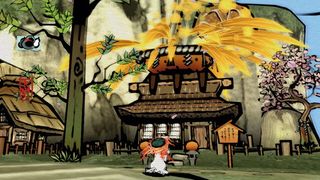
It’s a sin that, after releasing both Okami and the brilliant God Hand in 2006, Capcom was forced to close Clover Studio. This was caused by the resignation of key team members Atsushi Inaba, Hideki Kamiya, and Shinji Mikami, who left after the games’ low sales made the company increasingly – and understandably – risk-averse. Yet Okami’s legacy lives on, and like a lot of great work that failed to find an audience upon release, history has been much kinder to it.
Sign up to the 12DOVE Newsletter
Weekly digests, tales from the communities you love, and more

It’s a triumph of art, sound, and game design that still plays wonderfully and looks beautiful. And if you missed it the first time around on PS2, there's always the HD remake on the PSN, so you have no excuse not to play it.
Click here for more excellent Official PlayStation Magazine articles. Or maybe you want to take advantage of some great offers on magazine subscriptions? You can find them here.
We are Play magazine, the biggest-selling,100% independent, magazine for PlayStation gamers. Founded in 2021, it's brought to you by the same team of writers, editors, and designers as the Official PlayStation Magazine, with the same deep industry access, quality of writing, and passion for all things PlayStation. Follow us for all things PS5, PS4, and PlayStation VR.

